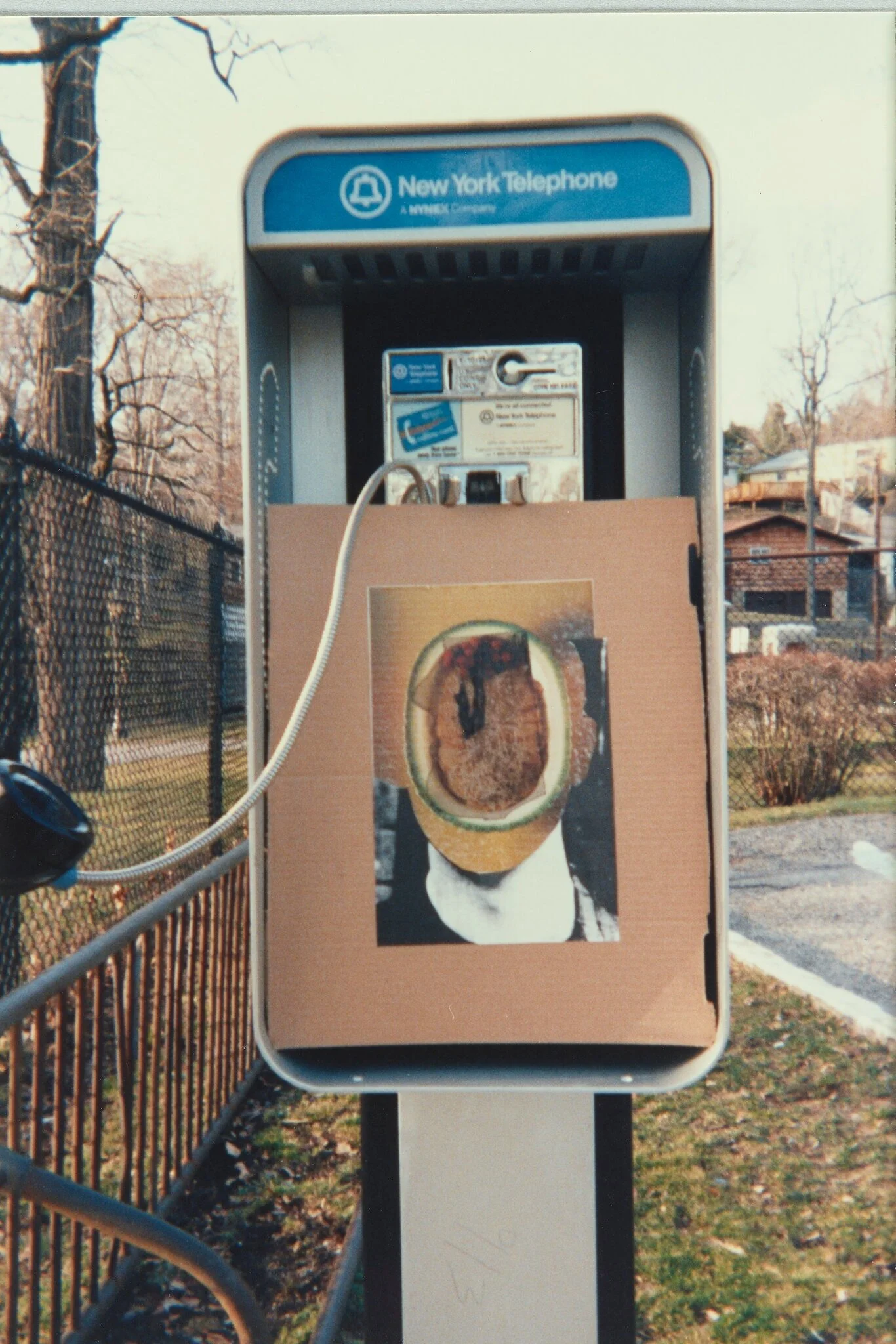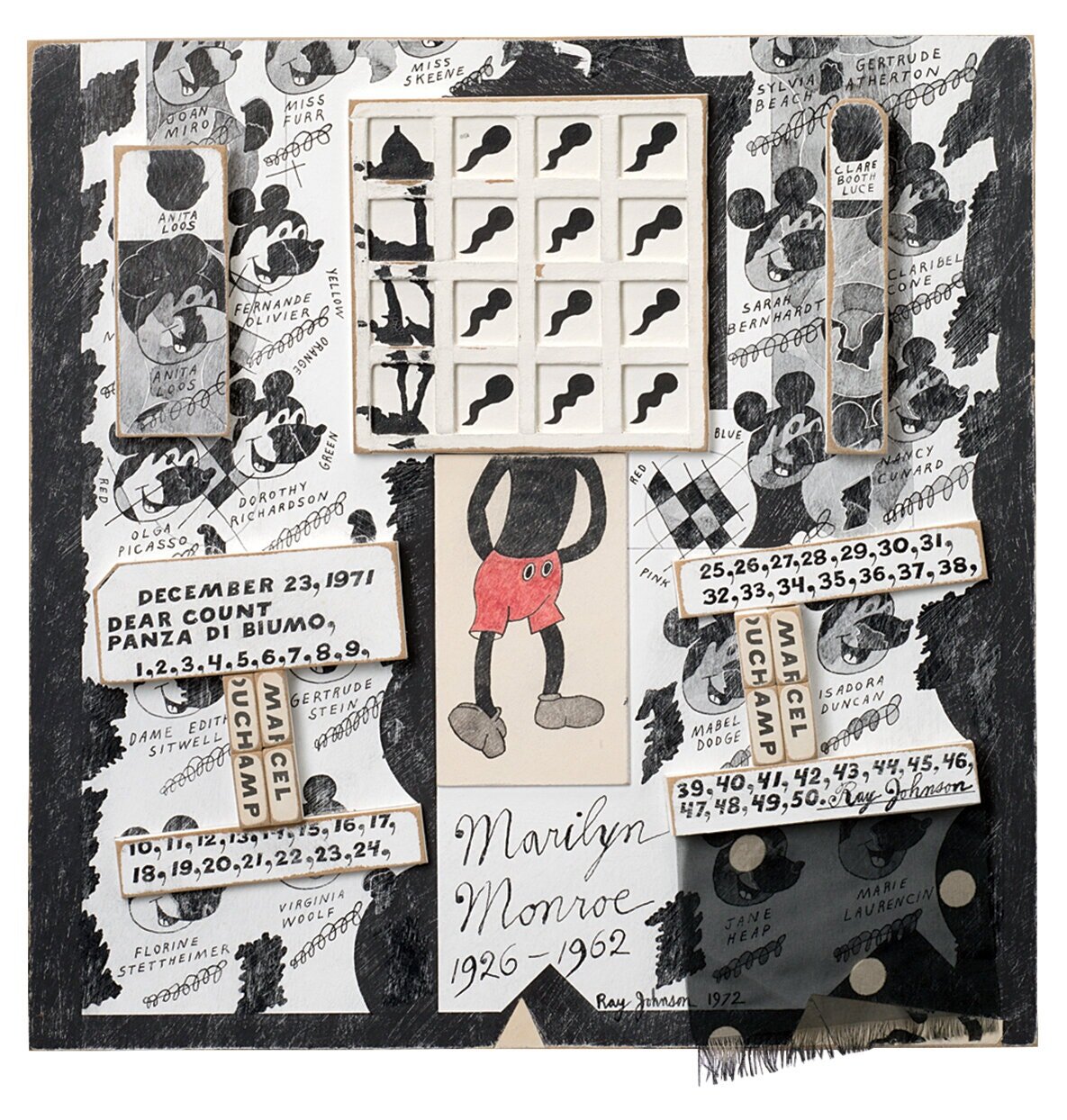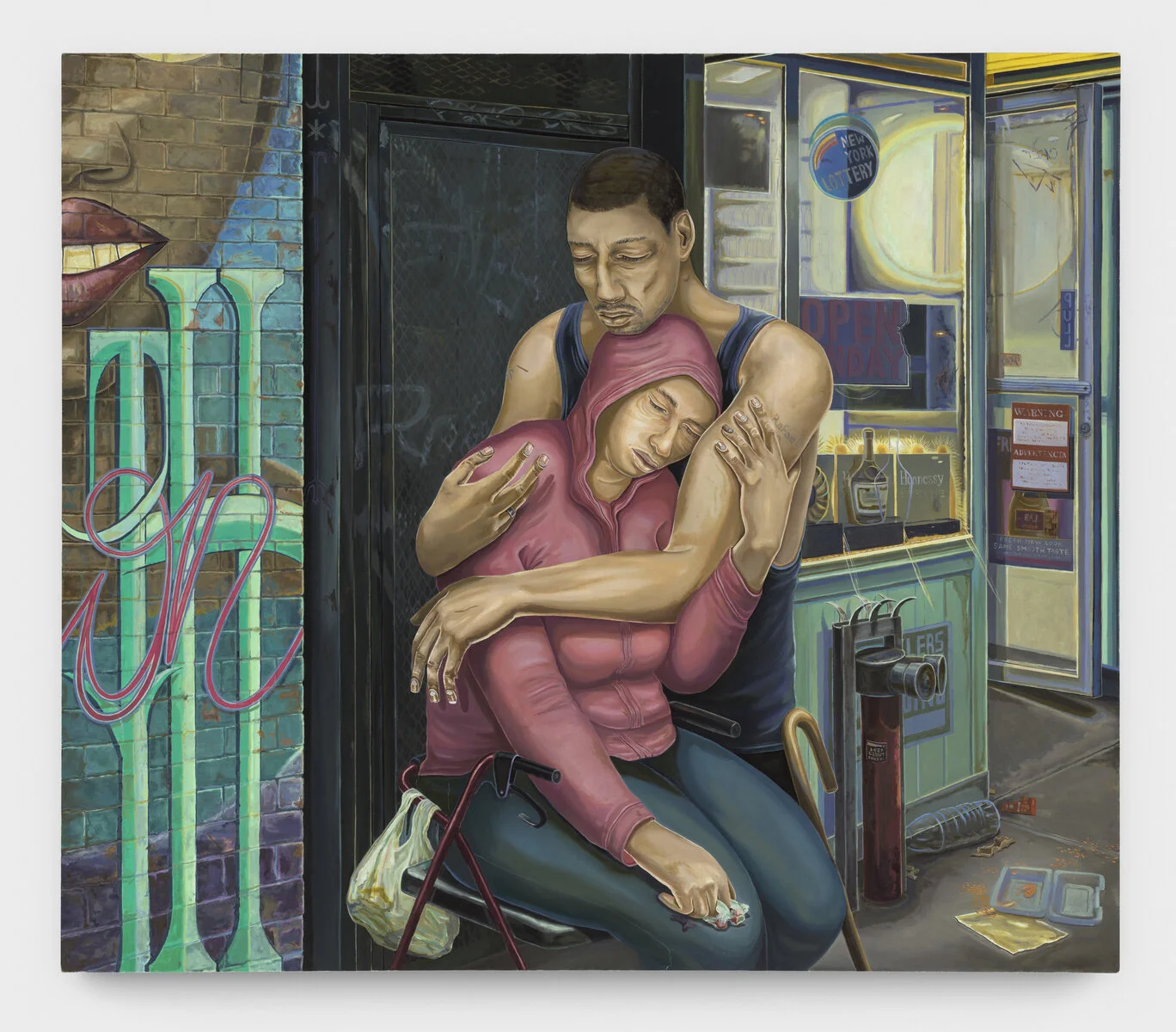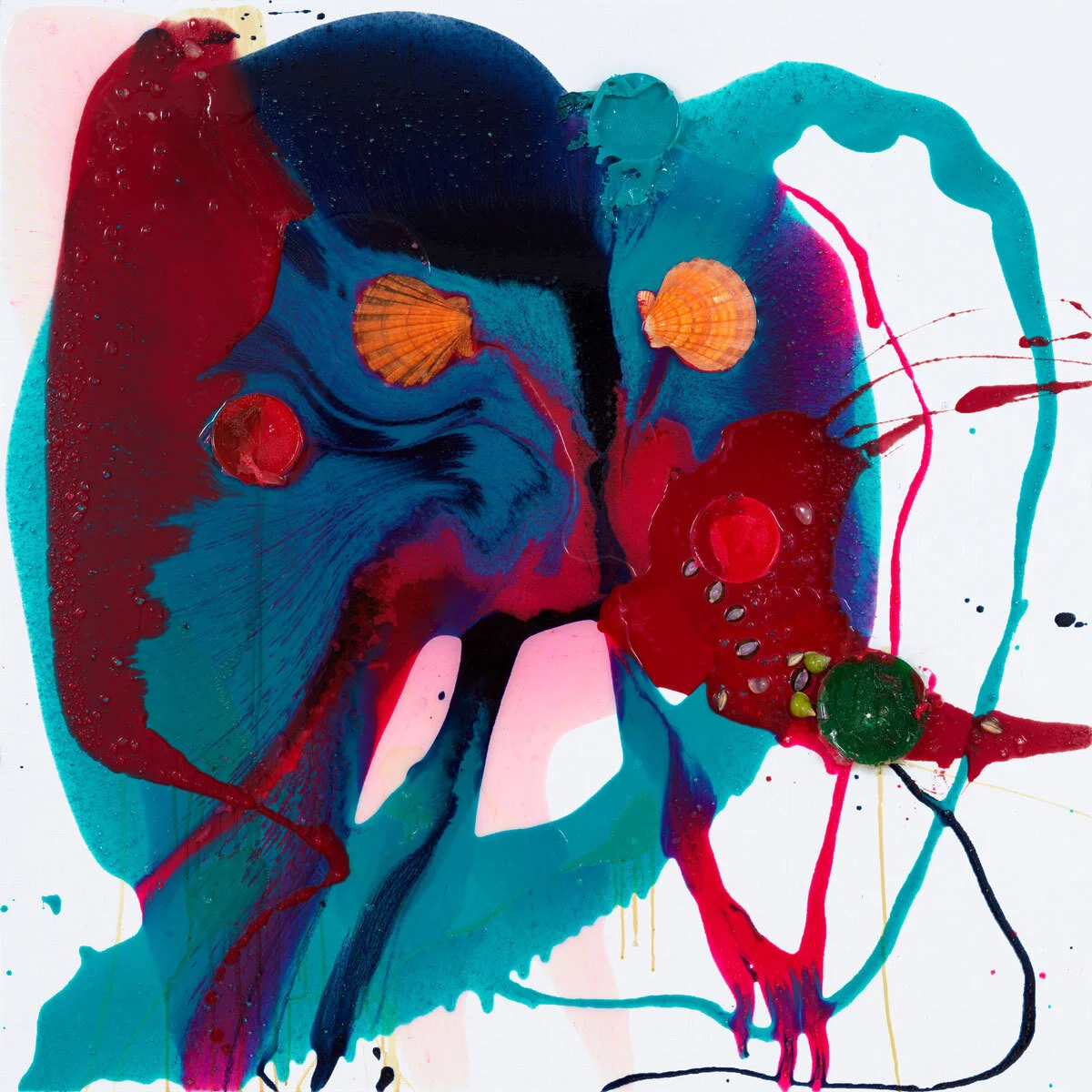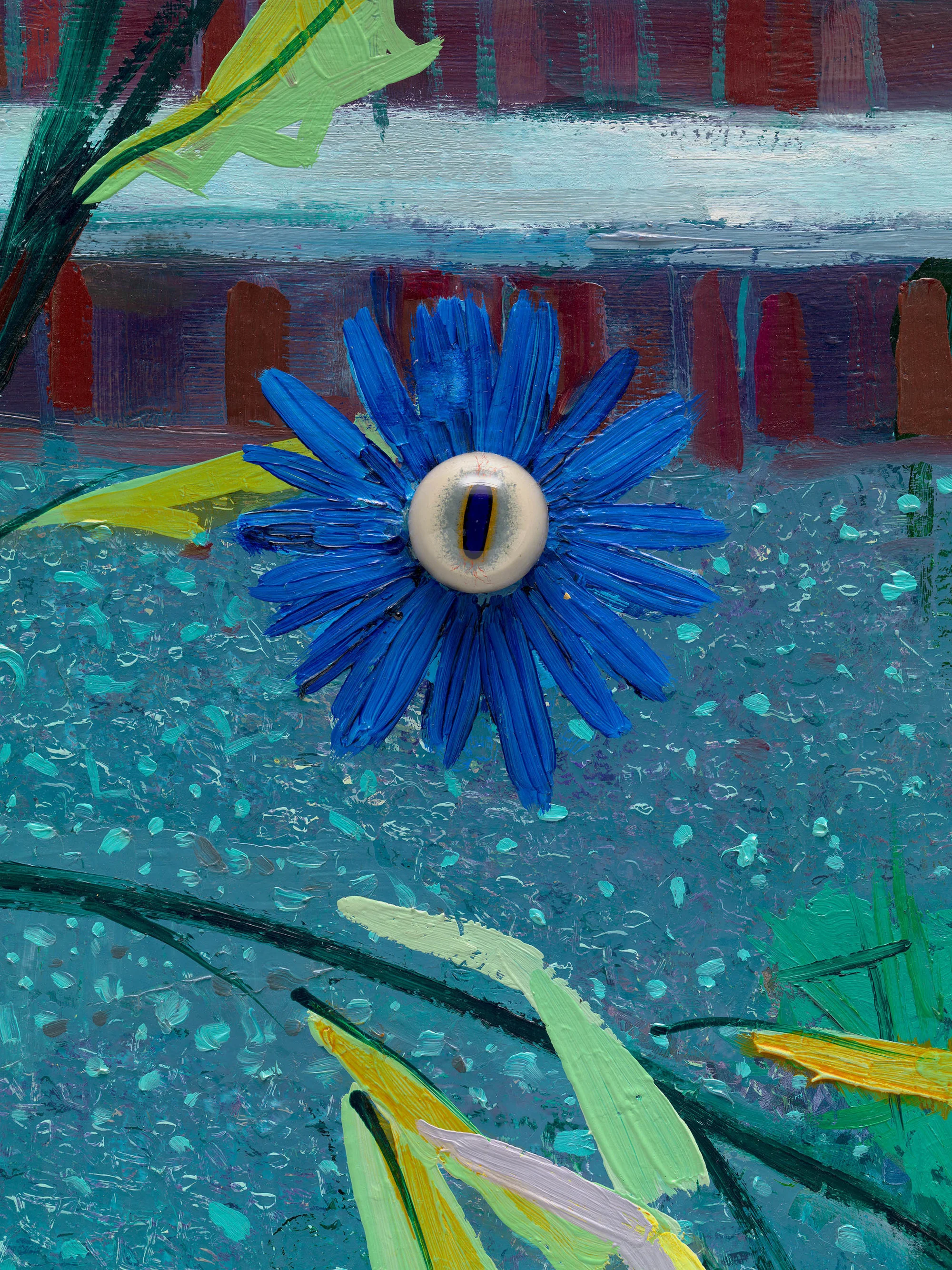Ray Johnson
“What a Dump”
New York, 525 West 19th Street
The presentation will feature many never-before-exhibited collages and drawings from the 1950s through the 1990s, focusing on Johnson as a seminal and influentially queer artist as well as on his recurring fandoms and obsessions—from Arthur Rimbaud, Yoko Ono, and Shelley Duvall to false eyelashes—situated within an array of archival materials from his friends and collaborators, including Jimmy DeSana, General Idea, David Wojnarowicz, John Giorno, and Peter Hujar, among others. Viewed together, these works upend our notion of Ray Johnson as a solitary figure working in isolation, situating him at the nexus of a network of avant-garde artists of his time, while deepening our understanding of the strategies of dispersion and displacement at the center of his artistic persona.
“Marilyn Monroe 1926-1962,” from 1972 — Johnson created some of the earliest works of Pop Art and was an early influence on conceptual art.Credit...© The Ray Johnson Estate, New York
Jarrett Earnest writes:
Ray Johnson fastidiously archived the contents of his Locust Valley, New York, home, arranging it for discovery after his mysterious suicide in 1995. There was over fifty years’ worth of accumulated clippings stacked from floor to ceiling, completed collages wrapped in cellophane (cut open to make later additions), shelves and shelves of books, files, letters. On one stack, a yellow rubber glove was laid out with cartoon eyes drawn over the knuckles, rolling themselves to the side, as if surveying the room. Propped above was a sign proclaiming “WHAT A DUMP.”
Aside from commenting on its immediate environment in staging this tableau, Johnson cast the humble glove as the melodramatic lead in Edward Albee’s Who’s Afraid of Virginia Woolf? (1962). In the famous film version, Elizabeth Taylor stumbles into her home one night to proclaim, “What! A! Dump!” giving her best drunken Bette Davis impression, then commences to harangue her partner into helping her remember which film she was quoting. “Don’t you know anything?!” It perfectly encapsulates Johnson’s sensibility, where every gesture is suspended in a loopy yet precise universe of suggestion and association. The biting camp performance, with its dark humor and merciless cultural acumen, made the film a touchstone for queer sensibilities then arising in and around postwar New York. As a scene played in Ray Johnson’s “Pink House,” it pinpoints how central queerness was to his attitude and art.
Johnson's “Untitled (Self Portrait),” not dated. © The Ray Johnson Estate
““… if you take the cha cha out of Duchamp you get what a dump.” —Ray Johnson”
Ray Johnson: WHAT A DUMP is the first exhibition to foreground him as a queer artist, bringing together previously unseen collages, drawings, and ephemera from The Ray Johnson Estate. By paying attention to the particular subject matter of his ongoing obsessions—from poets Arthur Rimbaud and Gertrude Stein to movie stars Shelley Duvall and River Phoenix—a fuller picture of his complex visual logic emerges than ever before, one steeped in drag, teenage fan clubs, and S-M. Johnson’s work will be amplified by art and archival material from several artists he was in dialogue with—including General Idea, Peter Hujar, Jimmy DeSana, Sari Dienes, Geoffrey Hendricks, and David Wojnarowicz—to trace the contours and strategies of a broader milieu.

